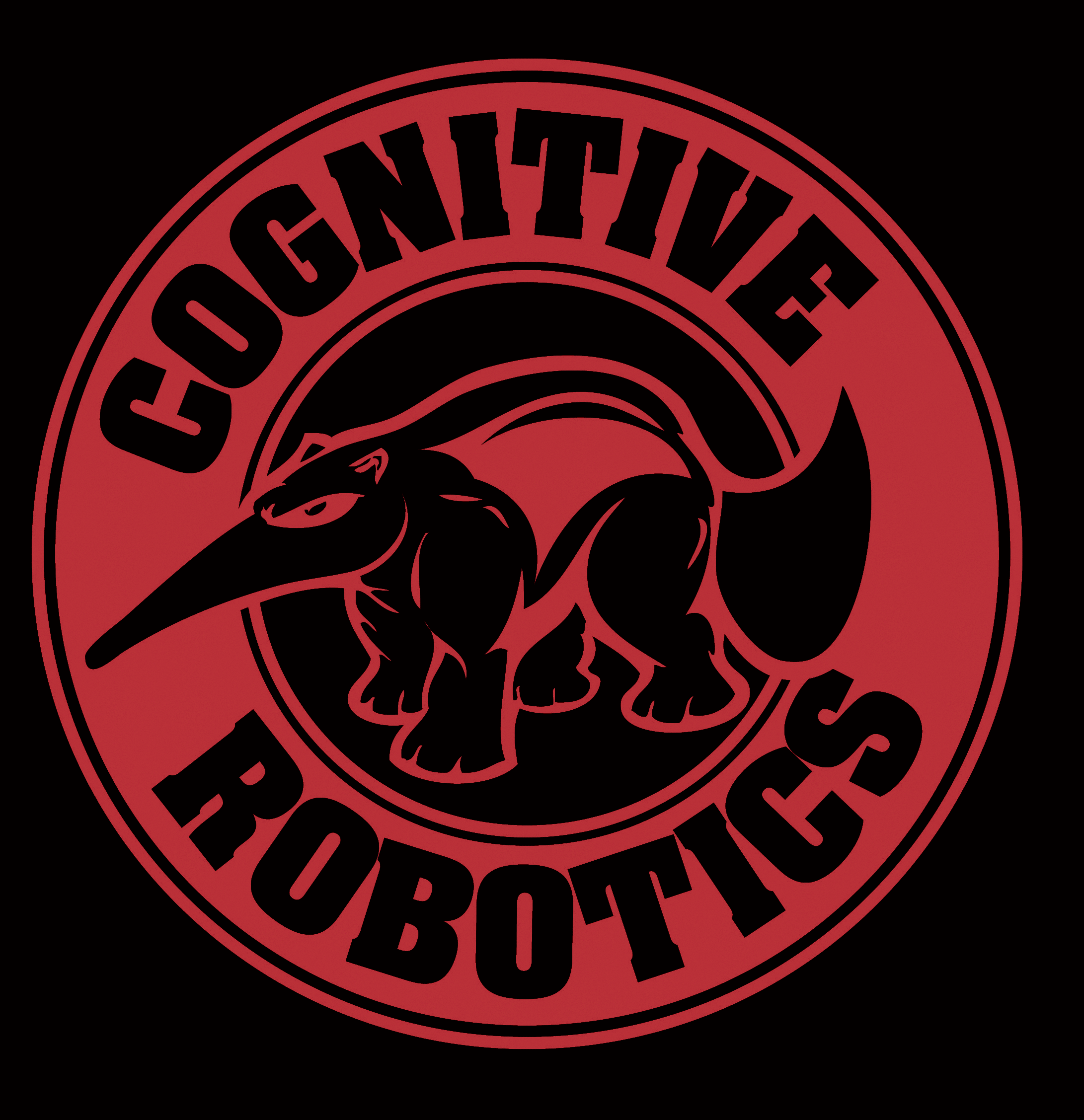Organizers:
Angelo Cangelosi - A.Cangelosi@plymouth.ac.uk
School of Computing and Mathematics
University of Plymouth
Plymouth, UK
Jeffrey L. Krichmar - jkrichma@uci.edu
Department of Cognitive Sciences, Department of Computer Science
University of California, Irvine
Irvine, CA, USA
Michael Milford - michael.milford@qut.edu.au
School of Electrical Engineering and Computer Science
Queensland University of Technology
Brisbane, Australia
Michele Rucci - mrucci@bu.edu
Department of Psychology
Boston University
Boston, MA 02215
Bert Shi - eebert@ust.hk
Department of Electronic and Computer Engineering
Hong Kong University of Science and Technology
Kowloon, Hong Kong
Abstract. Neurobiologically inspired robotics goes by many names: brain-based devices, cognitive robots, neurorobots, neuromorphic robots, etc. The field has grown from a few laboratories to an exciting area of research and engineering with its own dedicated journal (Frontiers in Neurorobotics). Indeed, funding agencies, such as the Defense Advanced Research Projects Agency and the National Science Foundation in the United States, the Human Brain Project in the European Union, and the Australian National Health and Medical Research Council and Australian Research Council now have major initiatives in neurorobotics. The common goal is twofold: Firstly, developing a system that demonstrates some level of cognitive ability can lead to a better understanding of the neural machinery that leads to cognitive function. This idea has been dubbed “synthetic methodology” or “synthetic neural modeling” and the notion goes back to Grey Walter’s Turtles, and Braitenberg’s Vehicles. In general, understanding through building is the goal. By embodying their cognitive and neural models in robot artifacts, researchers have learned much about the underlying brain mechanisms for adaptive behavior, decision-making, executive control, learning and memory, motor control, and sensory perception. Secondly, building a robot whose control is inspired by neurobiology can lead to a system that demonstrates capabilities commonly found in the animal kingdom, but rarely found in artificial systems. It is this second point that will be the focus of the “Neurobiologically Inspired Robots” workshop. Biological organisms demonstrate fluid, adaptive behavior in a wide range of environments that far outperform current robots and artificial systems. Incorporating aspects of brain processing into robots may lead to a transformative shift in robot autonomy and self-reliance, and lead to the deployment of robots in a wider range of applications and environments.
The “Neurobiologically Inspired Robotics” workshop will be a full day event comprised of leading neuroroboticists from around the world. Each speaker will discuss how leveraging neurobiology and brain processing can enhance robot autonomy and capability. Rather than an abstract, theoretical session on the potential future of neurobiologically inspired robots, each speaker has embedded a brain inspired model, at some level, onto a physical robot system. They will discuss the inspiration, implementation, and implications of their systems. The first talk will give an overview of the field and a brief primer on neuroscience. This will be followed by talks from leading neurorobotic experts (titles and authors given below). The final session of the day will be a panel discussion that focuses on the future of this field and how to transition these research systems into practical applications in the real world.
List of Speakers and Talks (in alphabetical order)
Minoru Asada (Osaka University) - “Affective Developmental Robotics Towards Artificial Empathy”
Angelo Cangelosi (University of Plymouth) - "Neurorobotics Modelling of Embodied Cognition”
Jorg Conradt (Technische Universitat München) - “Computational Neuroscience in Robots: Event-based Sensors and Information Processing”
Jeffrey L. Krichmar (University of California, Irvine) - “Introduction to Neurorobotics and Neuromodulation”
Michael Milford (Queensland University of Technology) - “Rodent-inspired Place Recognition over Multiple Spatial Scales using Multiple Sensing Modalities”
Florian Röhrbein (Technische Universitat München) - “Neurorobotics and the Human Brain Project"
Michele Rucci (Boston University) - Eye movements in humans and robots
Bert Shi (Hong Kong University of Science and Technology) - "Intrinsically Motivated Joint Learning of Visual Perception and Eye Movements"
Jun Tani (Korea Advanced Institute of Science and Technology) - “Prediction and postdiction for tackling the problem of 'free wills': From neuro-robotics experimental studies.”
Discussion Session, “The Future of Neurorobotics: Transitioning to Practical Applications”

